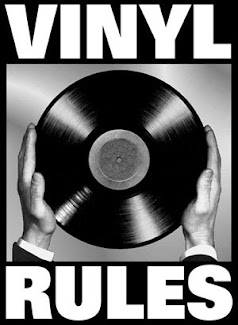
"You Wouldn't Leave Me Would You" is the b-side to "Angel Face" a #4 single from 1974.
 "Children of the Revolution" is a song by T.Rex. It was a #2 hit single in September 1972. The song broke their sequence of four official single releases all reaching #1 ("Hot Love", "Get It On", "Telegram Sam", "Metal Guru").
"Children of the Revolution" is a song by T.Rex. It was a #2 hit single in September 1972. The song broke their sequence of four official single releases all reaching #1 ("Hot Love", "Get It On", "Telegram Sam", "Metal Guru"). 
 Hot Chocolate were an English pop band from the 1960s, 1970s, and 1980s and were formed by singer Errol Brown. The band were chart regulars throughout the 1970s and 1980s. They have had at least one hit every year between 1970 and 1984 and "You Sexy Thing" made the Top 10 in three decades.
Hot Chocolate were an English pop band from the 1960s, 1970s, and 1980s and were formed by singer Errol Brown. The band were chart regulars throughout the 1970s and 1980s. They have had at least one hit every year between 1970 and 1984 and "You Sexy Thing" made the Top 10 in three decades. Smokie are an English rock band from Bradford, UK, who found success in Britain and Europe in the 1970s.
Smokie are an English rock band from Bradford, UK, who found success in Britain and Europe in the 1970s.  Mickie Most was born Michael Peter Hayes in 1938 and died in 2003. He was a successful English record producer, who had a string of Number One singles on his own RAK Records.
Mickie Most was born Michael Peter Hayes in 1938 and died in 2003. He was a successful English record producer, who had a string of Number One singles on his own RAK Records. RAK developed a reputation for producing bubblegum pop, mostly written and produced by Nicky Chinn and Mike Chapman. But it was Mickie Most himself that produced the band that had the largest commercial success for RAK: Hot Chocolate. Their singles including "Emma" in 1974 and "You Sexy Thing" in 1975 became international hits.
RAK developed a reputation for producing bubblegum pop, mostly written and produced by Nicky Chinn and Mike Chapman. But it was Mickie Most himself that produced the band that had the largest commercial success for RAK: Hot Chocolate. Their singles including "Emma" in 1974 and "You Sexy Thing" in 1975 became international hits. "Radar Love" is a 1973 song performed by Dutch rock band Golden Earring, reaching #13 in the UK charts.
"Radar Love" is a 1973 song performed by Dutch rock band Golden Earring, reaching #13 in the UK charts.  Much like Bryan Ferry with Roxy Music, Roy Wood maintained a parallel solo career, while still releasing singles with Wizzard.
Much like Bryan Ferry with Roxy Music, Roy Wood maintained a parallel solo career, while still releasing singles with Wizzard.





.jpg)






















